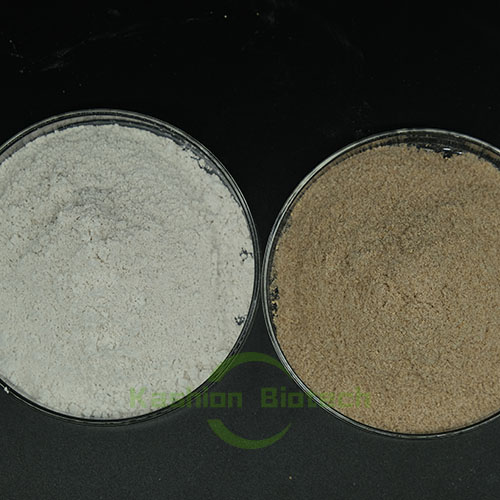
Home Products Salt Tolerant Bacteria Biological treatment of highly saline wa
Saline wastewater is produced in a wide range of ways, and the amount of water is increasing year by year. It is important to remove the environmental impact of organic pollutants from saline wastewater. However, due to the toxic and inhibitory effects of high salt on microorganisms, the implementation of biological treatment technology has encountered great obstacles. The following describes the biological treatment of saline wastewater.
Biological treatment is one of the most commonly used methods for wastewater treatment. It has the characteristics of wide application range and strong adaptability. Chemical wastewater such as dyes, pesticides, pharmaceutical intermediates and other high salinity wastewater will bring some difficulty to biological treatment. This kind of wastewater is highly salty and polluted, and must be treated before it can be discharged. Moreover, this kind of wastewater has complex composition, no recovery value, and the cost of other treatment methods is high, so biological treatment is still the preferred method. Mechanical salts play an important role in promoting enzymatic reactions, maintaining membrane balance and regulating osmotic pressure during microbial growth. However, excessive salt concentration can inhibit the growth of microorganisms.

The main reasons are as follows:
(1) When the salt concentration is too high, the osmotic pressure is high, which causes the dehydration of microbial cells and the separation of cell protoplasm;
(2) the dehydrogenase activity decreases due to salting out at high salinity;
(3) High chloride concentration is toxic to bacteria.
(4) activated sludge is easy to float and drain due to the increase of water density. For this reason, biological treatment of high-salinity wastewater requires dilution and is usually operated at low salt concentrations (less than 1%), resulting in waste of water resources, large treatment facilities, increased investment, and higher operating costs.
Name: Nicole Yu
Mobile:+86 17718148007
Tel:+86 17718148007
Whatsapp:8617718148007
Email:sales@kashionbiotech.com
Add:No.6, Zhanxi Road, Yaohai District, Hefei City, Anhui Province, China.